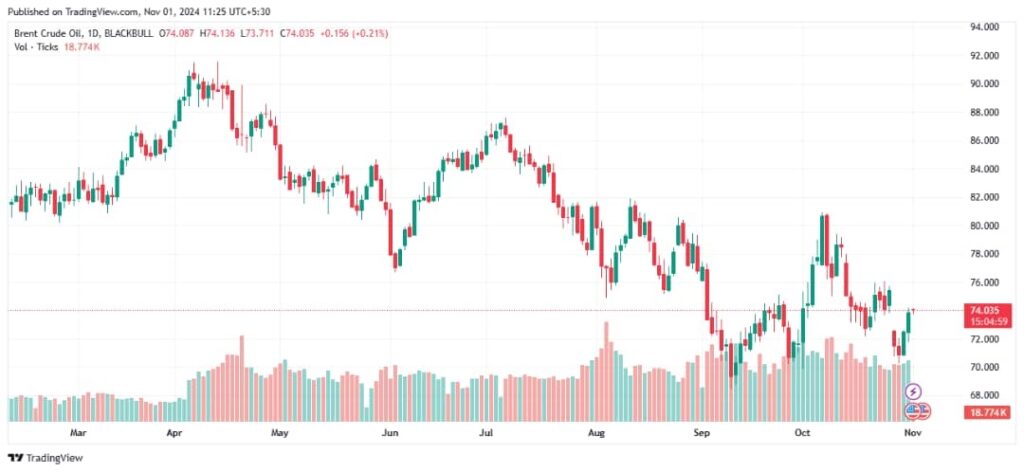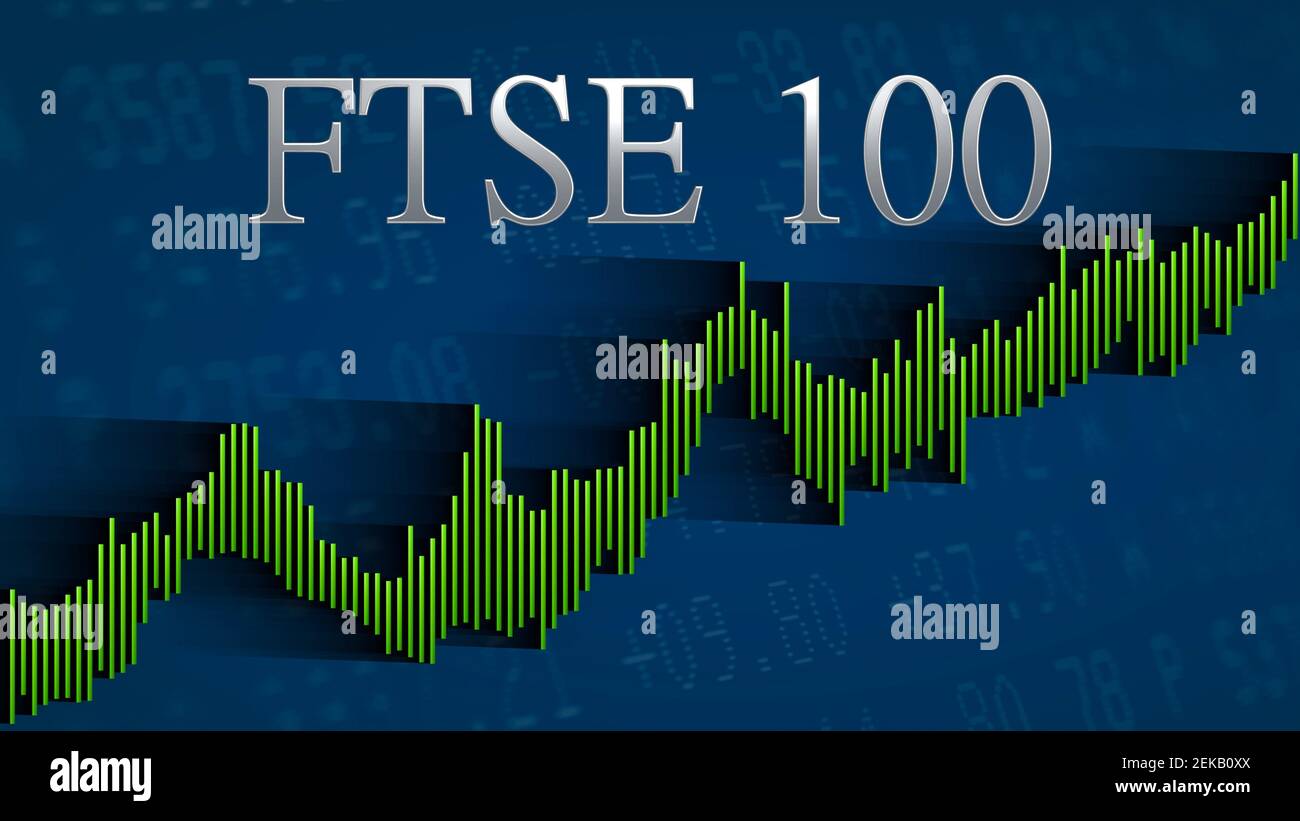
Akintunde Oyedokun
Research Analyst
On Thursday, oil prices jumped more than $2 per barrel following reports of Iran’s plans to target Israel from Iraqi territory. WTI crude rose by $2.15, or 3.13%, to reach $70.76, and Brent crude for January delivery increased $2.10, or 2.91%, to $74.26. This spike comes as Israeli intelligence indicates Iran might launch a drone and missile attack in the coming days, potentially aiming to avoid direct retaliation by using Iraqi-based militias.
Canada’s Economic Growth Slips Below Expectations As August GDP Stalls
Canada is likely to miss the Bank of Canada’s revised Q3 growth forecast after GDP slowed in August, impacted by temporary factors, Statistics Canada reported. July’s growth was adjusted down to 0.1%, with early data suggesting a mild recovery to 0.3% in September, resulting in an annualized Q3 growth of 1.0%, below the central bank’s 1.5% projection. The decline was led by a 0.4% contraction in goods-producing sectors, with manufacturing hitting its lowest point since 2021. Increased market speculation on rate cuts has followed, with the Canadian dollar seeing slight gains.
Brazil’s Labor Market Booms As Central Bank Faces Pressure For Aggressive Rate Hike
Brazil’s job market is thriving ahead of a key central bank rate decision, with new data showing the unemployment rate dropping to 6.4% in the three months through September—the second-lowest level on record and below market expectations. This improvement comes as Latin America’s largest economy added a net 247,818 formal jobs in September, surpassing analyst forecasts. The central bank, having recently raised interest rates for the first time in over two years, is now expected to increase rates again, with a 96% chance of a 50 basis-point hike amid inflationary concerns.
S’African Rand Steady As Producer Inflation Drops, Trade Surplus Grows Post-Budget
On Thursday, South Africa’s rand remained steady after the release of local economic indicators, including a decline in producer inflation and a higher trade surplus. At 1507 GMT, the rand was trading at 17.6725 against the U.S. dollar, near its previous close, while the dollar edged up by 0.07% against a basket of currencies. Statistics South Africa reported that producer inflation fell to 1.0% year-on-year in September, down from 2.8% in August, and a trade surplus of 12.84 billion rand for the month. Following Finance Minister Enoch Godongwana’s budget update, strategist Andre Cilliers highlighted the currency’s sensitivity to dollar shifts and fiscal trends. The Top-40 index fell 1.7%, while yields on the benchmark 2030 bond rose by 3 basis points to 9.315%.
Nigeria’s Economic Council Urges Tax Reform Bill Withdrawal, Broader Stakeholder Input
The National Economic Council (NEC), chaired by Vice President Kashim Shettima, has advised withdrawing the Tax Reforms Bill pending in the National Assembly. This recommendation followed a presentation by Mr. Taiwo Oyedele, emphasizing the need for more stakeholder consultations on the bill’s implications. The discussion also covered the current VAT distribution model, which allocates 15% to the Federal Government, 50% to States and FCT, and 35% to Local Governments, while considering factors like equal state distribution and population size.













